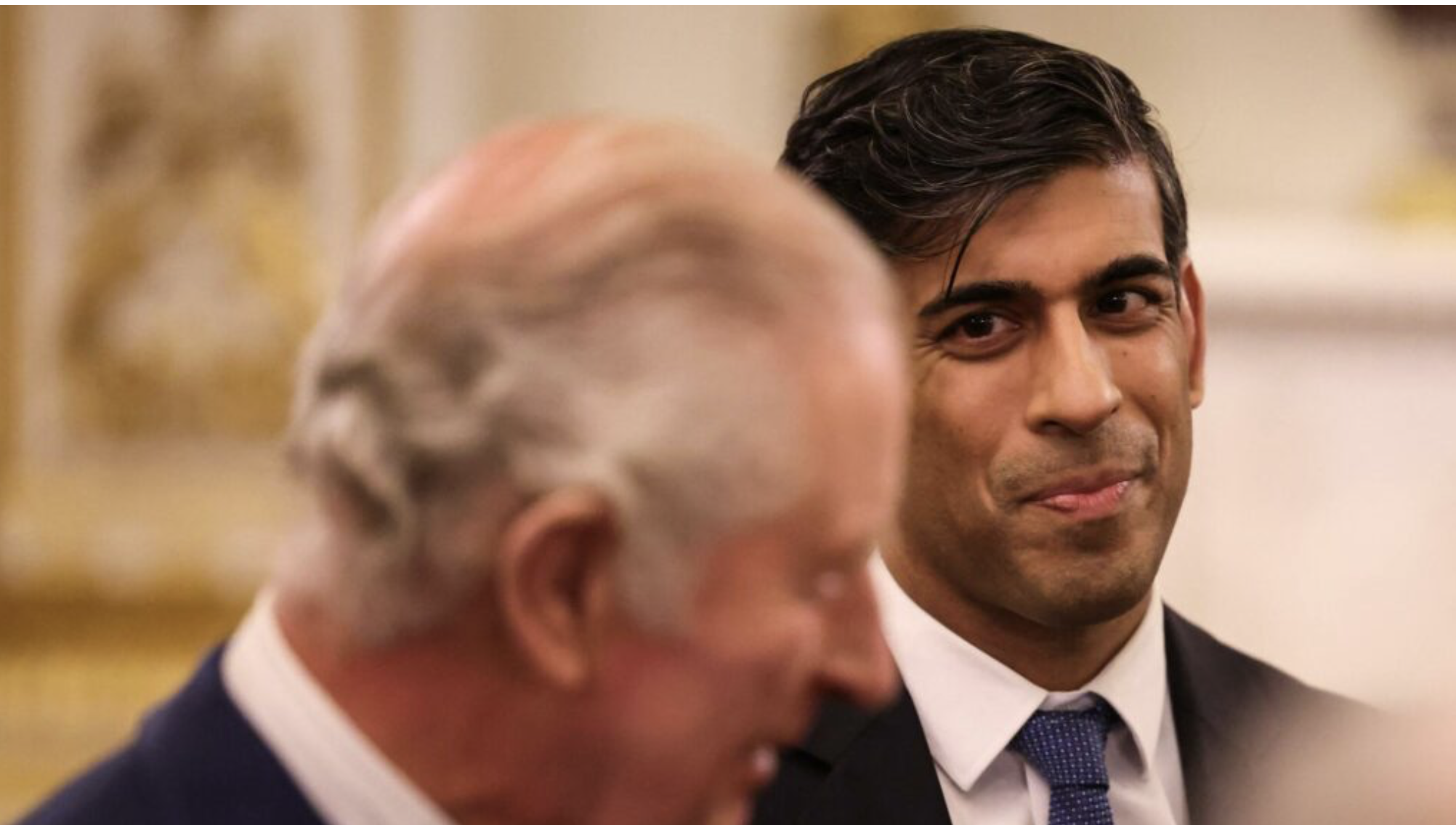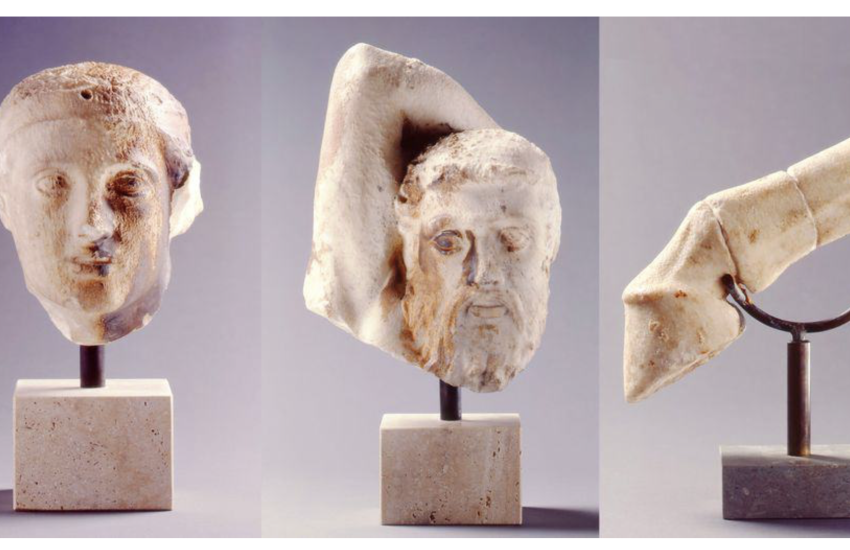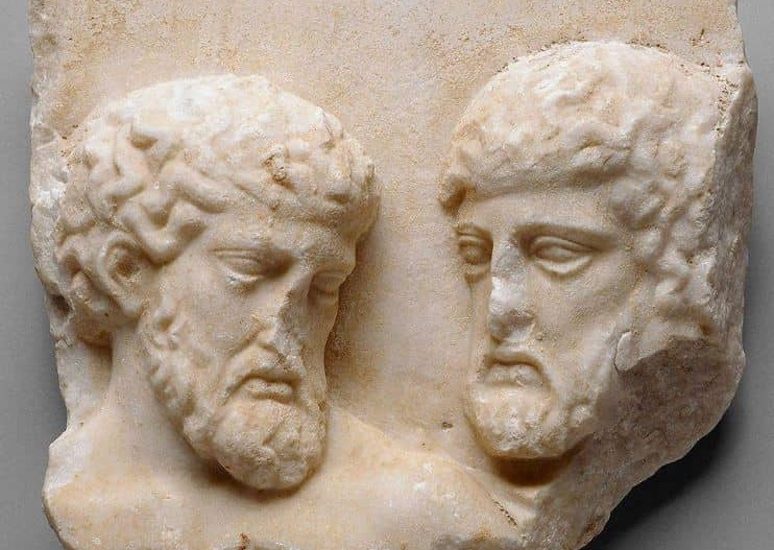Number 10’s Arrogance: Sunak’s Office and the Cry for Respect in the Parthenon Sculptures Dispute
Are the Parthenon Sculptures Not Worthy of Reunion?
How can a nation, draped in the splendor of its own rich heritage, dare to deny another the embrace of its cultural legacy?
The recent cancellation of the meeting between the Greek Prime Minister and the UK’s Chancellor, Rishi Sunak, in light of the Parthenon Sculptures dispute is not only deeply regrettable but an outright insult to the rich heritage of humanity. Prime Minister Mitsotakis’s anticipation for a substantial dialogue encompassing critical global issues was callously brushed aside over a matter of historical significance – the Parthenon Sculptures.
The audacious stance taken by certain British officials, claiming an unwavering entitlement to these cultural treasures, is nothing short of an affront to the principles of equitable heritage preservation. The Parthenon Sculptures are not mere artifacts; they embody Greece’s cultural identity and tell a profound story of human history. To dismiss their return as beyond negotiation is to dismiss the intrinsic value of cultural heritage itself.
Furthermore, in times of uncertainty, when the world looks towards leaders for wisdom and collaboration, this unwarranted cancellation and disregard for diplomatic discourse by the British government only deepen the chasm between nations.
Prime Minister Sunak’s actions, wrapped in political posturing, serve only to undermine international relations and perpetuate cultural discord. To trample on the hopes of cooperation is not a sign of strength but an exhibition of ignorance.
Imagine if the tables were turned, if a part of British heritage were scattered across the world, held by foreign institutions despite calls for their return. Would the British people accept the refusal to even discuss their repatriation?
Even King Charles, a figure whose affinity for art and culture is well-known, ought to recognize the moral imperative here. His own appreciation for history and culture should translate into understanding the significance of returning these invaluable pieces to their rightful home.
In conclusion, this standoff regarding the Parthenon Sculptures is not just a diplomatic stalemate; it’s an indictment of shortsightedness, disrespect, and cultural insensitivity. It’s an insult to the very essence of cultural heritage, epitomized by the Parthenon Sculptures.
In the wise words of ancient Greek philosophy, “To do injustice is more disgraceful than to suffer it.”
“τὸ μὲν ἀδικεῖσθαι κάκιον εἶναι, τὸ δὲ ἀδικεῖν αἴσχιον” (Plato, Gorgias 475a).
It’s time for Britain to embrace its true identity—one that values not just its own heritage but respects the cultural treasures of others as well.
The Parthenon Sculptures’ rightful place is not amidst foreign exhibits but within their birthplace, a testament to human endeavor and a touchstone of civilization’s grandeur.
Mag. Alexandra Pistofidou
Founder and Chair of the Austrian Committee for the reunification of the Parthenon Sculptures
Photo: Britain’s Prime Minister Rishi Sunak (C) reacts as he attends a reception at Buckingham Palace, in central London, on November 27, 2023 hosted by Britain’s King Charles III (L) to mark the conclusion of the Global Investment Summit (GIS). Photo: Daniel Leal / AFP



